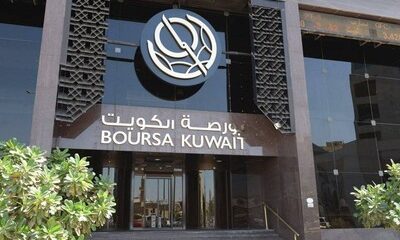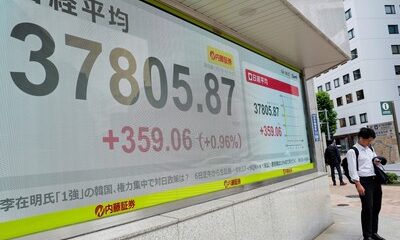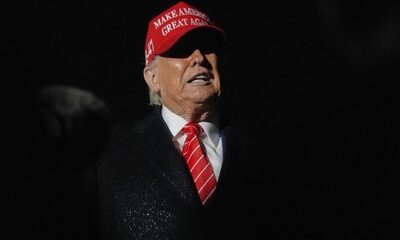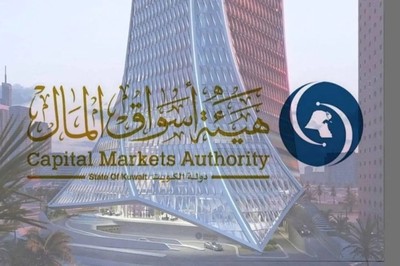Cars drive to Harry Reid International Airport on April 9, 2025, in Las Vegas. (AP)
WASHINGTON, April 10, (AP): Inflation likely declined last month as the cost of energy, used cars and hotel rooms may have fallen, though President Donald Trump’s remaining tariffs could lift prices soon. Consumer prices probably rose 2.6% in March from a year ago, the Labor Department is expected to report Thursday, according to economists’ projections compiled by FactSet.
That would be down from February’s yearly gain of 2.8%. Excluding the volatile food and energy categories, prices are expected to have risen 3%, down from 3.1% in February. The projected figures, if accurate, would suggest inflation is starting to cool again after remaining elevated for most of the fall and winter. Core inflation was stuck at 3.3% for five months before declining in February.
Still, inflation remains above the 2% target set by the inflation-fighters at the Federal Reserve. And on a monthly basis, core prices are forecast to rise 0.3% in March. If sustained, price increases at that pace would easily top the Fed’s target. Overall prices are expected to tick up just 0.1% in March, however. Economists pay closer attention to the core figures because they provide a better guide to where inflation is headed.
Most economists had forecast higher inflation this year as a result of the sweeping tariffs on 60 nations that President Donald Trump announced last week. Yet on Wednesday, Trump paused those duties for 90 days. A universal tariff of 10% remains in place, as well as 25% duties on steel, aluminum, cars and many items from Canada and Mexico.
And import taxes on China have been ramped up to 125%, after China retaliated against Trump’s earlier decisions to place large duties on imports from China. Even with the pause, many companies are still uncertain where trade policy will go next. Trump has also said that duties on pharmaceutical imports will be imposed.
Consumers will likely see some prices rise because of the existing duties, including the massive tariffs on China. The United States imports more than $60 billion of iPhones and other mobile phones every year from China, as well as massive amounts of clothes, shoes and toys. Many US companies will likely shift production out of China, a process that had already started during Trump’s first term when he slapped duties on some of its exports.

 Business22 hours ago
Business22 hours ago
 Latest News22 hours ago
Latest News22 hours ago
 Latest News19 hours ago
Latest News19 hours ago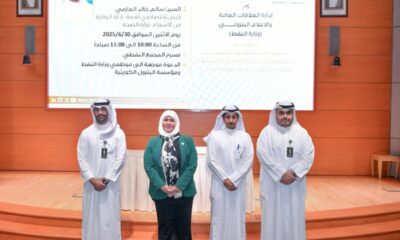
 Latest News17 hours ago
Latest News17 hours ago
 Latest News23 hours ago
Latest News23 hours ago
 Politics20 hours ago
Politics20 hours ago
 Politics19 hours ago
Politics19 hours ago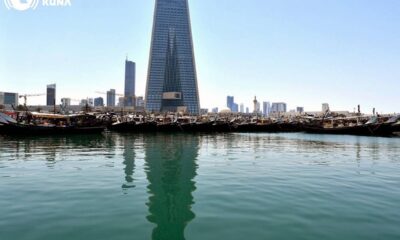
 Latest News18 hours ago
Latest News18 hours ago


